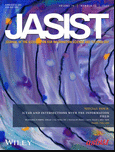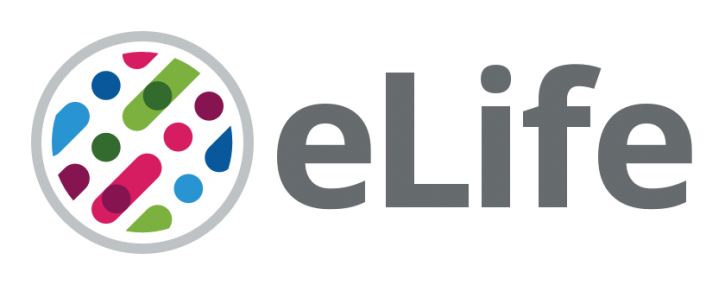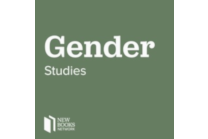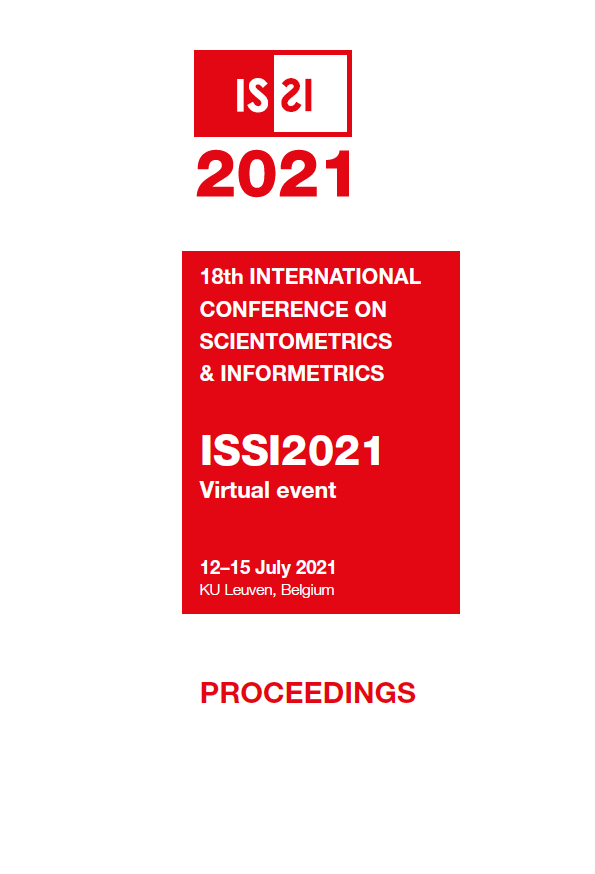Bibliométrie
Équipe
Contenus

Varieties of diffusion in academic publishing: How status and legitimacy influence growth trajectories of new innovations
Open Access (OA) publishing has progressed from an initial fringe idea to a still-growing, major component of modern academic communication. The proliferation of OA publishing presents a context to examine how new innovations and institutions develop. Based on analyses of 1,296,304 articles published in 83 OA journals, we analyze changes in the institutional status, gender, […] Lire la suite

The decrease in uncited articles and its effect on the concentration of citations
Empirical evidence demonstrates that citations received by scholarly publications follow a pattern of preferential attachment, resulting in a power-law distribution. Such asymmetry has sparked significant debate regarding the use of citations for research evaluation. However, a consensus has yet to be established concerning the historical trends in citation concentration. Are citations becoming more concentrated in […] Lire la suite

Gender differences in submission behavior exacerbate publication disparities in elite journals
Women are particularly underrepresented in journals of the highest scientific impact, with substantial consequences for their careers. While a large body of research has focused on the outcome and the process of peer review, fewer articles have explicitly focused on gendered submission behavior and the explanations for these differences. In our study of nearly five […] Lire la suite

Mesure de la proportion de publication en libre accès au Canada, un portrait national
Au cours des deux dernières décennies, le libre accès a pris de l’importance à travers le monde. Toutefois, son adoption au Canada est à la traîne par rapport à d’autres pays. À l’aide des données de Dimensions et Érudit, cet article donne un aperçu de la diffusion en libre accès au Canada, en se concentrant […] Lire la suite

La plateforme de diffusion de contenu scientifique francophone Érudit fête ses 25 ans
La plateforme Érudit, dont Vincent Larivière est directeur scientifique a fêté en 2023 ses 25 ans. D’abord projet pilote et pionnière dans son domaine, Érudit est devenu incontournable dans le paysage de la recherche au Canada. L’équipe derrière le projet a fait de la découvrabilité du contenu scientifique un élément essentiel de la recherche et […] Lire la suite

Comment encourager la science en français?
Entrevue de Vincent Larivière à propos du soutien pour une science en français. Lire la suite

L’importance d’avoir nos propres outils de diffusion scientifiques francophones
Entrevue de Vincent Larivière, directeur scientifique d’Érudit, à propos des 25 ans de la plateforme. Lire la suite

Toward Equity in Science: A Discussion with Cassidy Sugimoto and Vincent Larivière
Entrevue autour du plus récent livre de Vincent Larivière et Cassidy Sugimoto Lire la suite

Avoiding bias when inferring race using name-based approaches
Racial disparity in academia is a widely acknowledged problem. The quantitative understanding of racial-based systemic inequalities is an important step towards a more equitable research system. However, few large-scale analyses have been performed on this topic, mostly because of the lack of robust race-disambiguation algorithms. Identifying author information does not generally include the author’s race.Therefore, […] Lire la suite

No revolution: COVID-19 boosted open access, but preprints are only a fraction of pandemic papers
Vincent Larivière discute avec nuance de la forte augmentation des publications scientifiques accessibles de manière ouverte. Lire la suite
